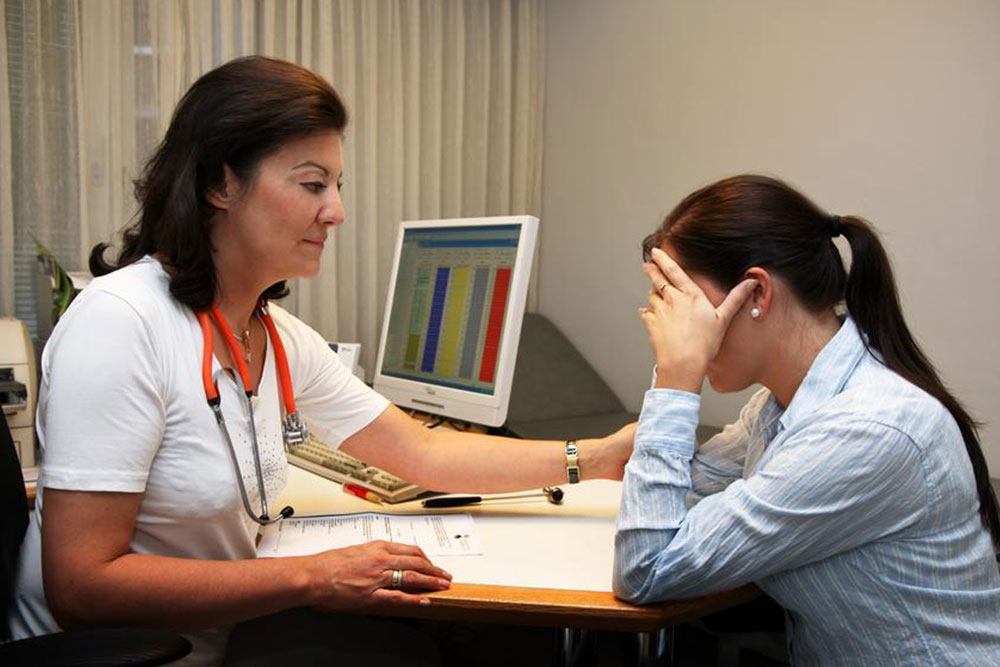Common symptoms of stomach cancer you should not ignore
Stomach cancer is difficult to be diagnosed in its early stages. This happens because what is classified as early symptoms of stomach cancer are assumed to be due to less serious illnesses. Most patients ignore the symptoms, brushing it off as a stomach ulcer or an infection. Stomach cancer is mostly noted among people over the age of 40. But, people above the age of 55 with persistent symptoms should visit the doctor immediately.

According to statistics, stomach cancer is the third leading cause of cancer-related deaths. Although the numbers have decreased in Western countries, it still remains a common cause of cancer-related deaths worldwide. It is important to get checked if any symptoms of stomach cancer are experienced. If a tumor is found and is malignant, the cancer can spread to other parts of the body.
Some of the key signals and symptoms of the initial stages of stomach cancer are as follows:
- Fatigue and weakness
- Feeling nauseated and sick
- Heartburn
- Recurring indigestion
- Continuous burping
- Feeling sated with very small quantities of food
- Stomach feels bloated after a meal because of unreleased gas
- Swallowing becomes difficult
- Pain in the stomach above the navel
- Anemia
- Loss of weight without any particular diet or exercise regime
Only 20% of the stomach cancer cases are diagnosed in the initial stages. Most of the symptoms do not appear until the cancer is in advanced stages. If detected early, stomach cancer is curable with surgery and chemotherapy depending on the health and other parameters of the patient
However, in the advanced stages of stomach cancer, the following symptoms may be experienced:
- Vomiting with blood
- Pain in the stomach
- Black stools indicating the presence of blood
One of the tests used to diagnose stomach cancer is upper endoscopy through the throat. With the visuals, the doctor is able to see the cells in the lining of the stomach. If the cells look normal, no treatment would be required. However, if the doctor spots any abnormal cells, the tissue cells are removed for biopsies. If the tumor is found to be cancerous or benign, the doctor can devise a specific treatment plan based on the patient’s medical history, health parameters, and the stage of the cancer.




